Developing Toward the Future: Renyi's Vision for Sustainable Urban Living and Accessible Public Spaces
Introducing Renyi: A Pioneer Architect with a Passion for Sustainable Communities and Affordable Housing
In the world of architectural design and urban planning, few names are as associated with innovation and sustainability as Renyi. As a licensed architect in Massachusetts, Renyi's professional career is marked by an unwavering pursuit of excellence in sustainable residential construction and accessible urban planning. His expertise is further strengthened by his LEED AP ND certification, demonstrating his commitment to environmentally responsible and resource-efficient design processes.
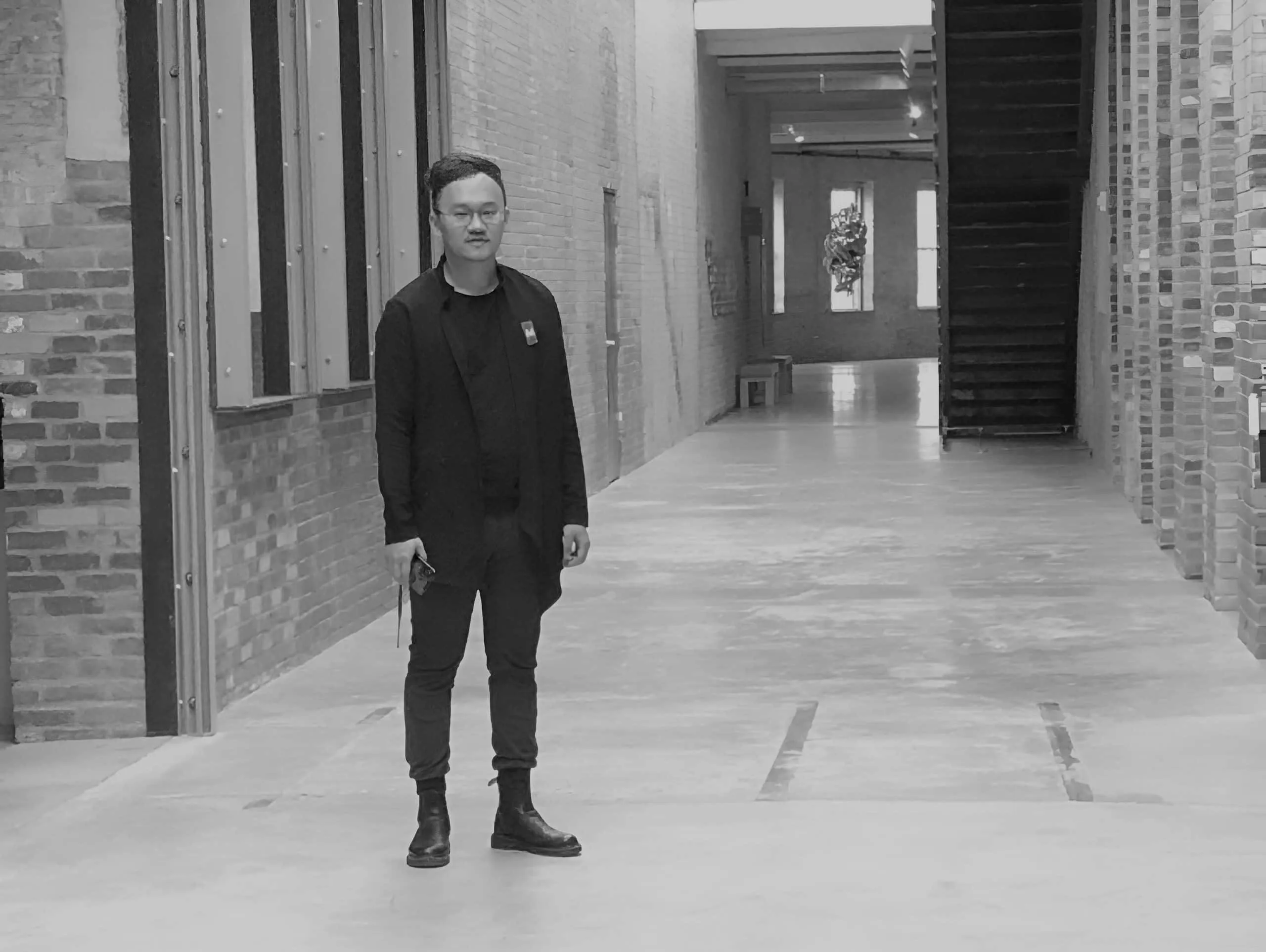
"Development: From City to Community" – A Beacon for Sustainable Urban Development
Renyi's flagship project, "Development: From City to Community," is a testament to his visionary approach to urban regeneration. It was featured in the prestigious publication "Extreme Cities 5 – Research on Hybrid Housing Types," edited by Rahul Mehrotra, Professor and Head of the Department of Urban Planning and Design at Harvard Graduate School of Design. The proposal received recognition for its innovative solutions to urban housing challenges. This acclaim is not only a personal triumph for Renyi but also a significant contribution to the global dialogue on sustainable urban development, supported by prestigious institutions such as Harvard University, the Aga Khan Program for Islamic Architecture, and the Institute for Urban Design Research.
Located on the eastern coast of Mumbai, a region with a rich industrial history, the project represents a bold step toward reimagining urban spaces for the future. By repurposing land parcels within existing urban structures, "Development: From City to Community" addresses numerous issues caused by rapid urbanization. This pioneering project reflects Renyi's deep understanding of the balance between historical significance and future possibilities, offering a blueprint for transforming post-industrial landscapes into thriving, sustainable communities.
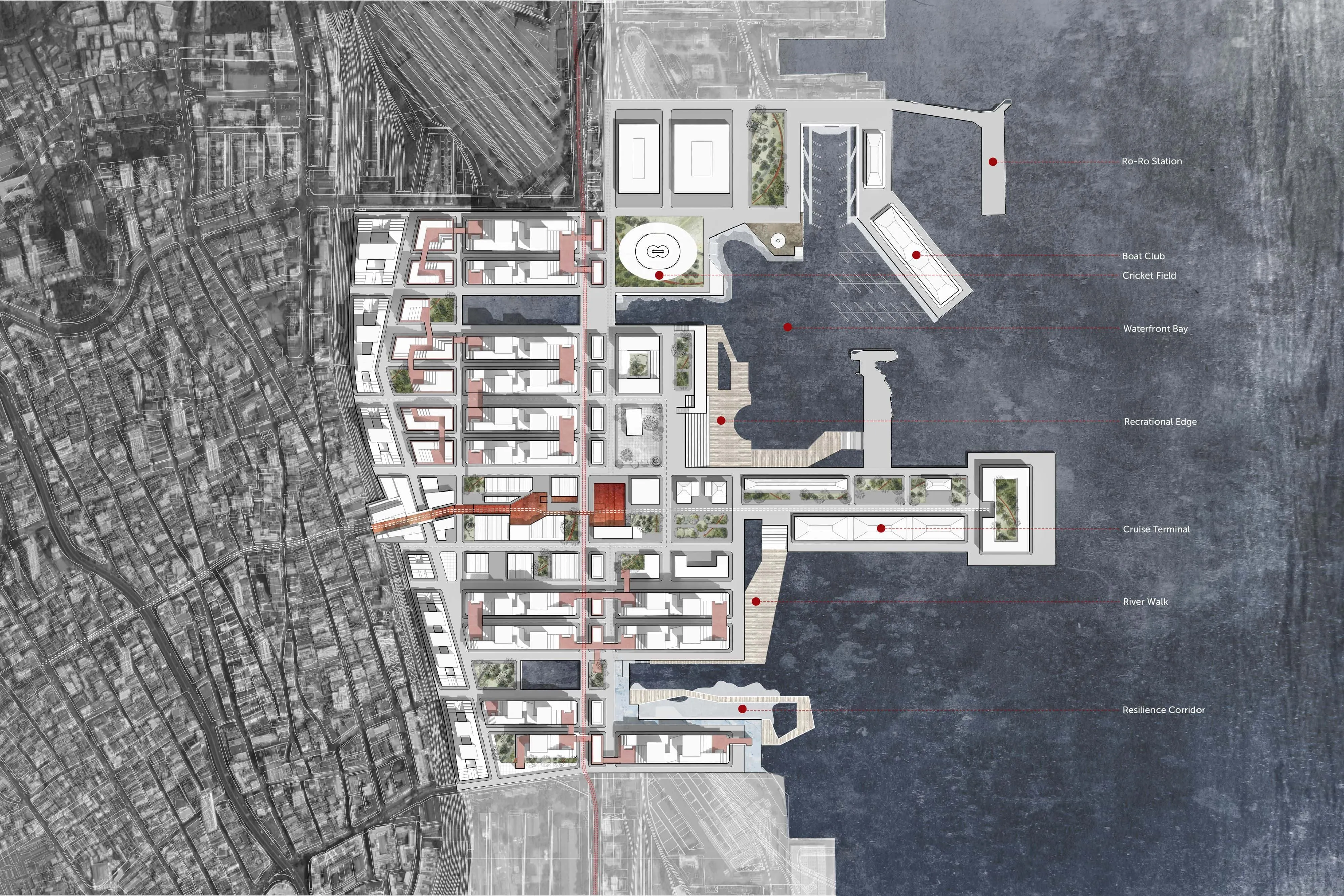
Strategic Approach to Urban Regeneration
The strategic foundation of the proposal is built upon leveraging metropolitan development policy extremes and integrating by parcels. Through comprehensive analysis of development strategies within Mumbai's inner city, Renyi's project aims to facilitate the transition of local communities toward more sustainable and affordable living conditions. This approach not only revitalizes urban spaces but also promotes inclusivity and accessibility, ensuring fair distribution of benefits from urban regeneration.
The central element of the proposal's strategy are three innovative tactics aimed at fostering a sense of community and belonging. Creating a multi-level linear corridor along the historic Yusuf Meherr Ali Street revitalizes a key urban element, inviting interaction and mobility. By making the proposal's boundaries permeable and inhabitable, they bridge the gap between the unorganized scale of the neighborhood and the new community scale, integrating the proposal into its urban context. Moreover, the use of residential types is designed to form a complex and integrated model of affordable living that meets diverse needs of Mumbai's urban residents.
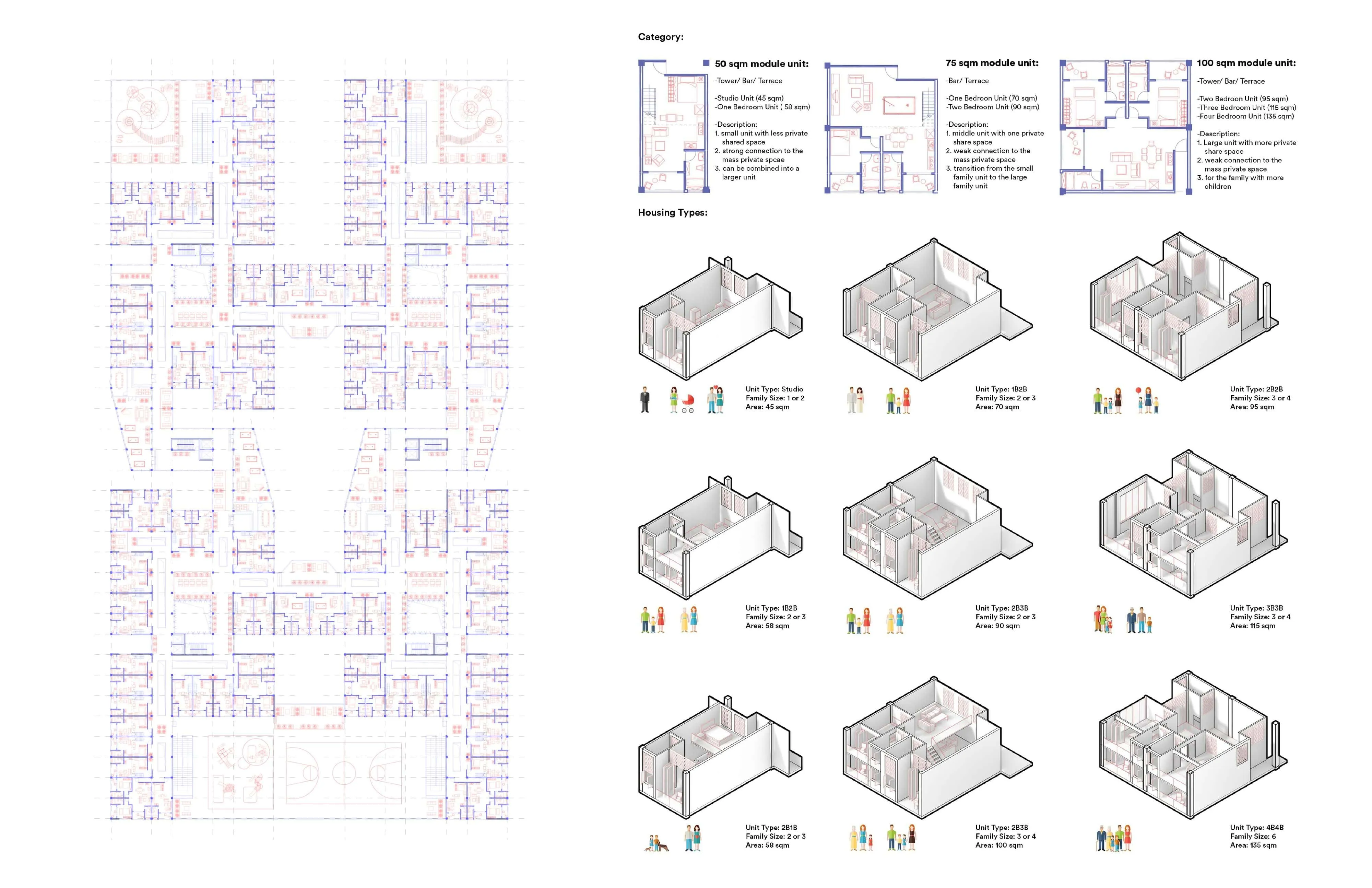
Megastucture: A Vision for Integrated Urban Living
Perhaps the most striking innovation in Renyi's project is the megastucture type, a bold architectural concept that redefines urban living. This megastucture serves as a microcosm of the city, integrating private residential spaces with public amenities and local commercial programs. By vertically integrating these components and horizontally connecting them to neighboring buildings, the project creates a vibrant, self-sufficient city. This model not only enhances quality of life for residents but also contributes to the overall revitalization of the Elphinstone area and the entire city.
The residential component of the megastucture is particularly notable. Designed with sustainability in mind, it features a semi-open level intended for habitation and accessible solely to residents. This space offers various apartment types suited to different family sizes and configurations. Accommodating families from one to six people, Renyi's project addresses the changing demographics of India’s urban population, offering a flexible and inclusive approach to urban housing.
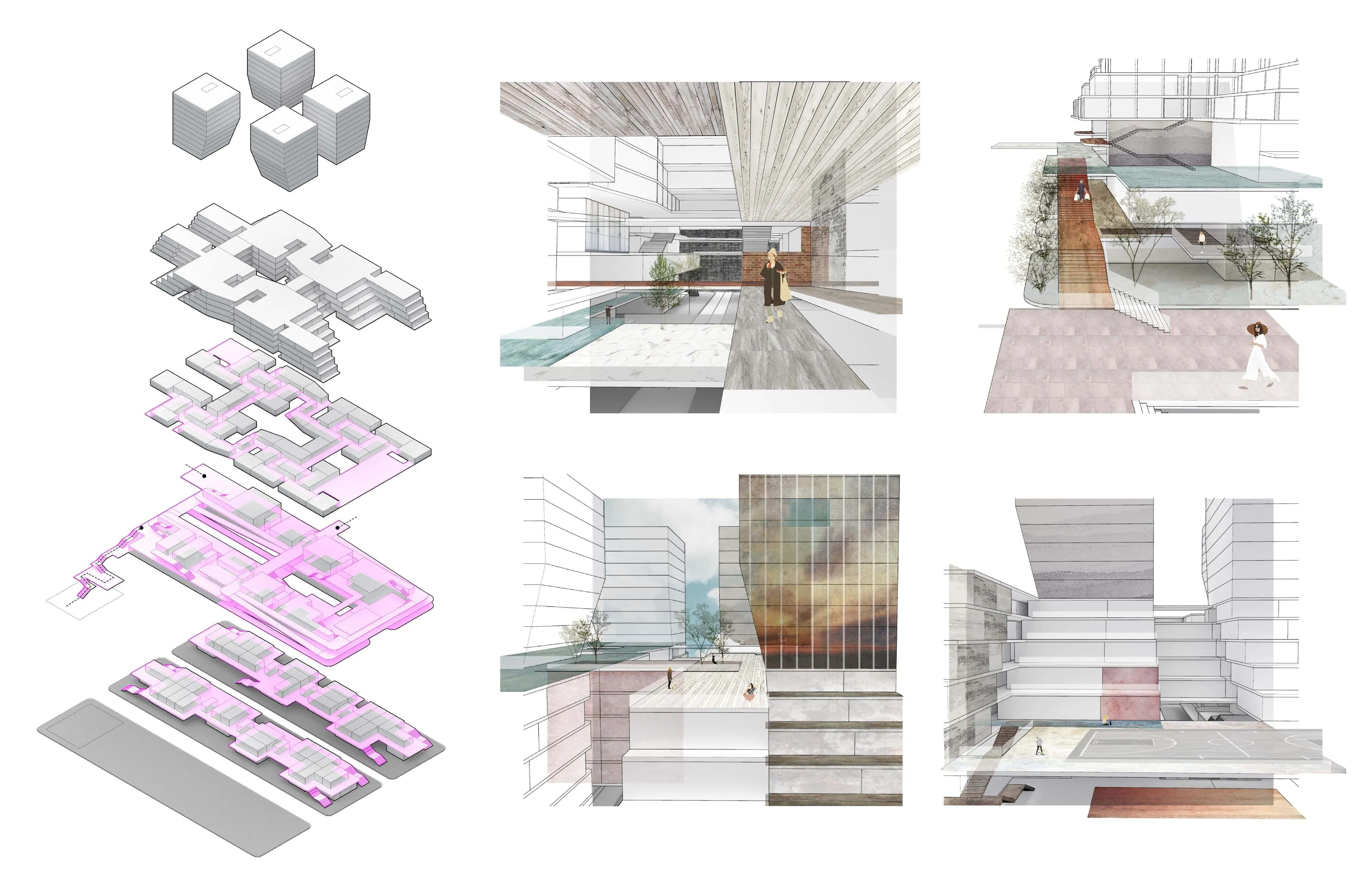
Conclusion: A New Paradigm for Urban Development
Renyi's work on the project "Development: From City to Community" represents a significant leap forward in architectural design and urban planning. By combining innovative design with a deep commitment to sustainability and community, the project sets a new standard for urban development. As cities worldwide grapple with issues of rapid urbanization and climate change, Renyi's visionary approach offers hope and guidance.
In conclusion, Renyi’s journey as a pioneer in architectural design is not merely about constructing buildings or urban spaces; it's redefining how we live, interact, and thrive in our cities. "Development: From City to Community" is more than just a proposal; it's a blueprint for the future, where sustainable, accessible, and inclusive urban communities become not just a vision but a reality. Looking toward the future, Renyi's work stands as a beacon of innovation and a call to action for architects, planners, and policymakers.
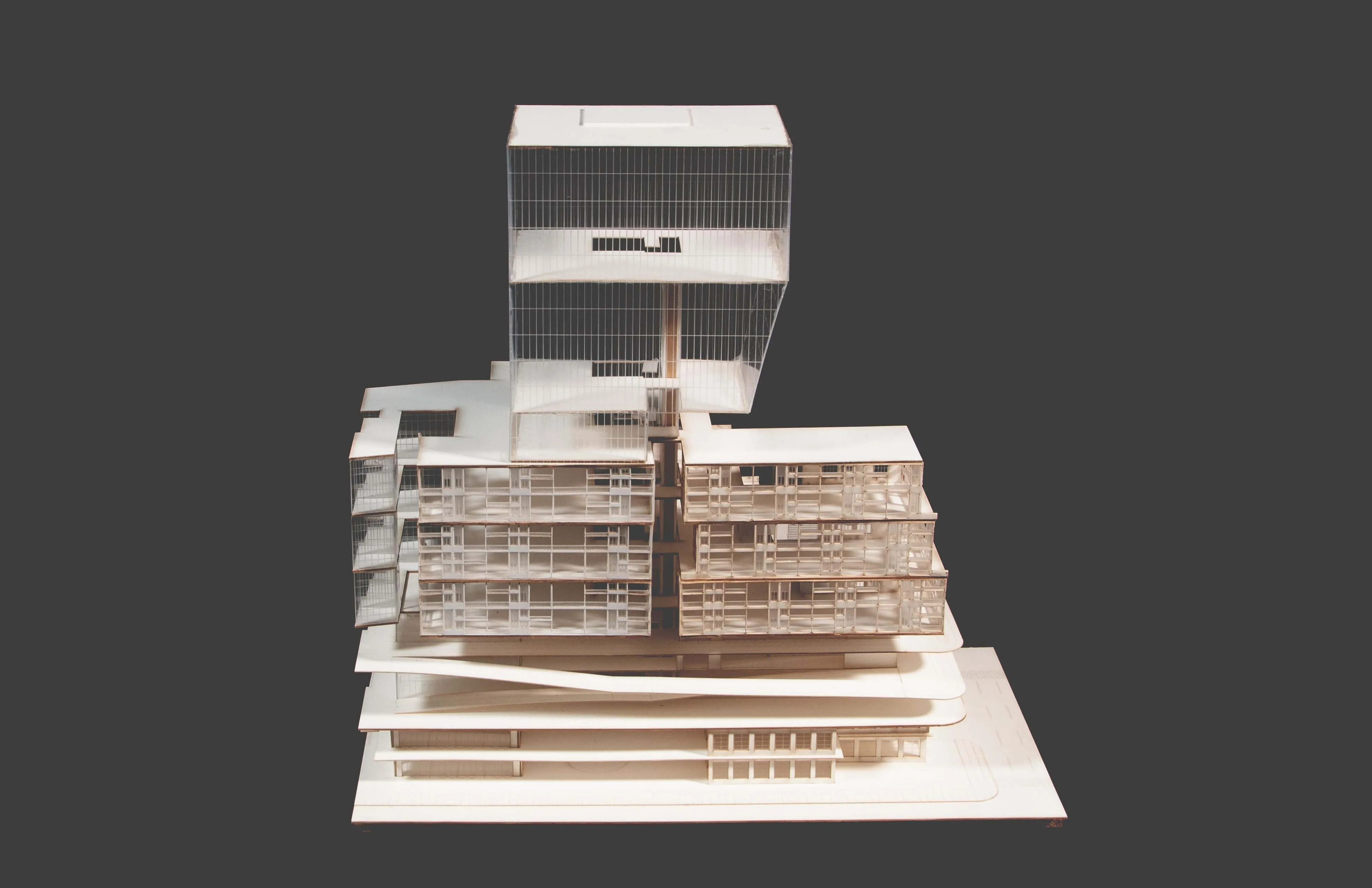
Need a renovation specialist?
Find verified professionals for any repair or construction job. Post your request and get offers from local experts.
You may also like
More articles:
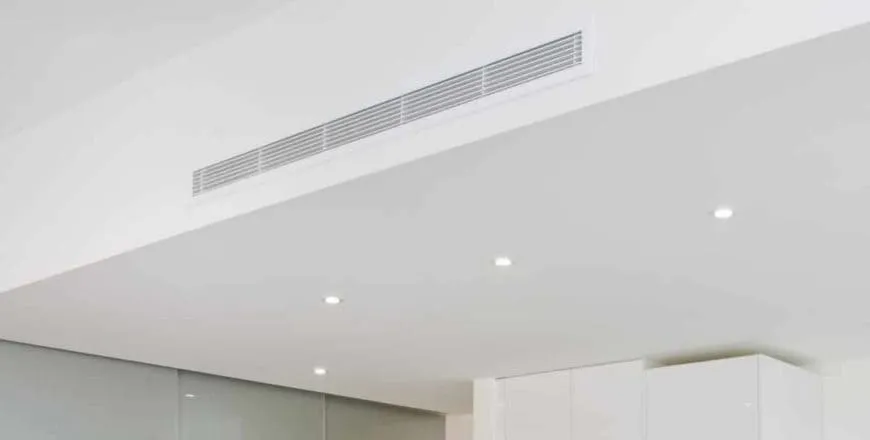 Advantages of Choosing an Integrated Air Conditioning System
Advantages of Choosing an Integrated Air Conditioning System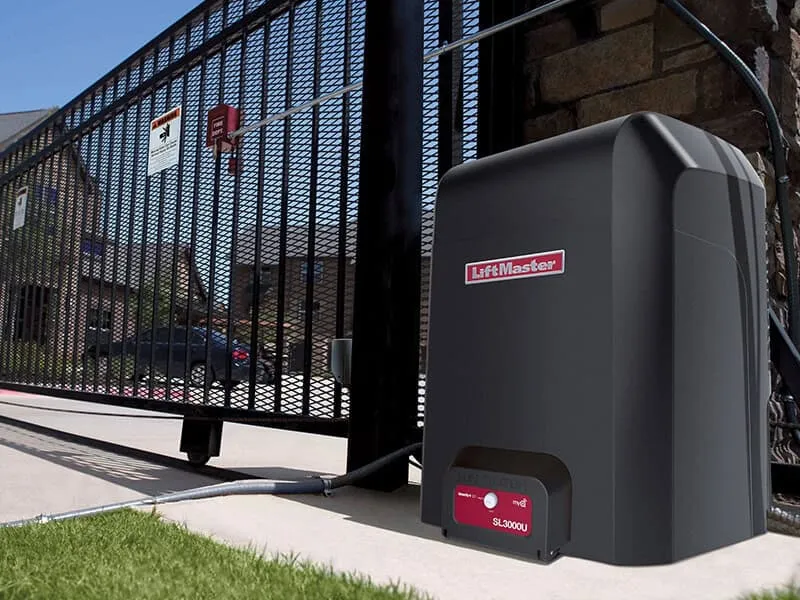 Advantages of Choosing the Best Gate Repair Service
Advantages of Choosing the Best Gate Repair Service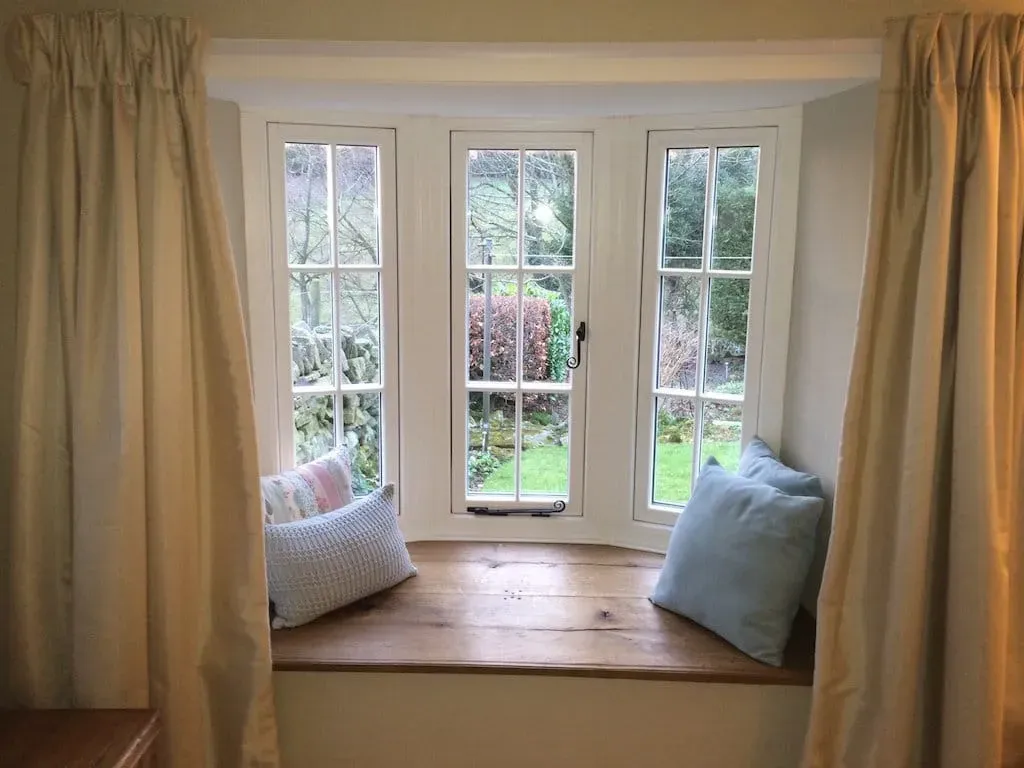 Advantages of UPVC Windows
Advantages of UPVC Windows Advantages of a Large Rectangular LED Mirror
Advantages of a Large Rectangular LED Mirror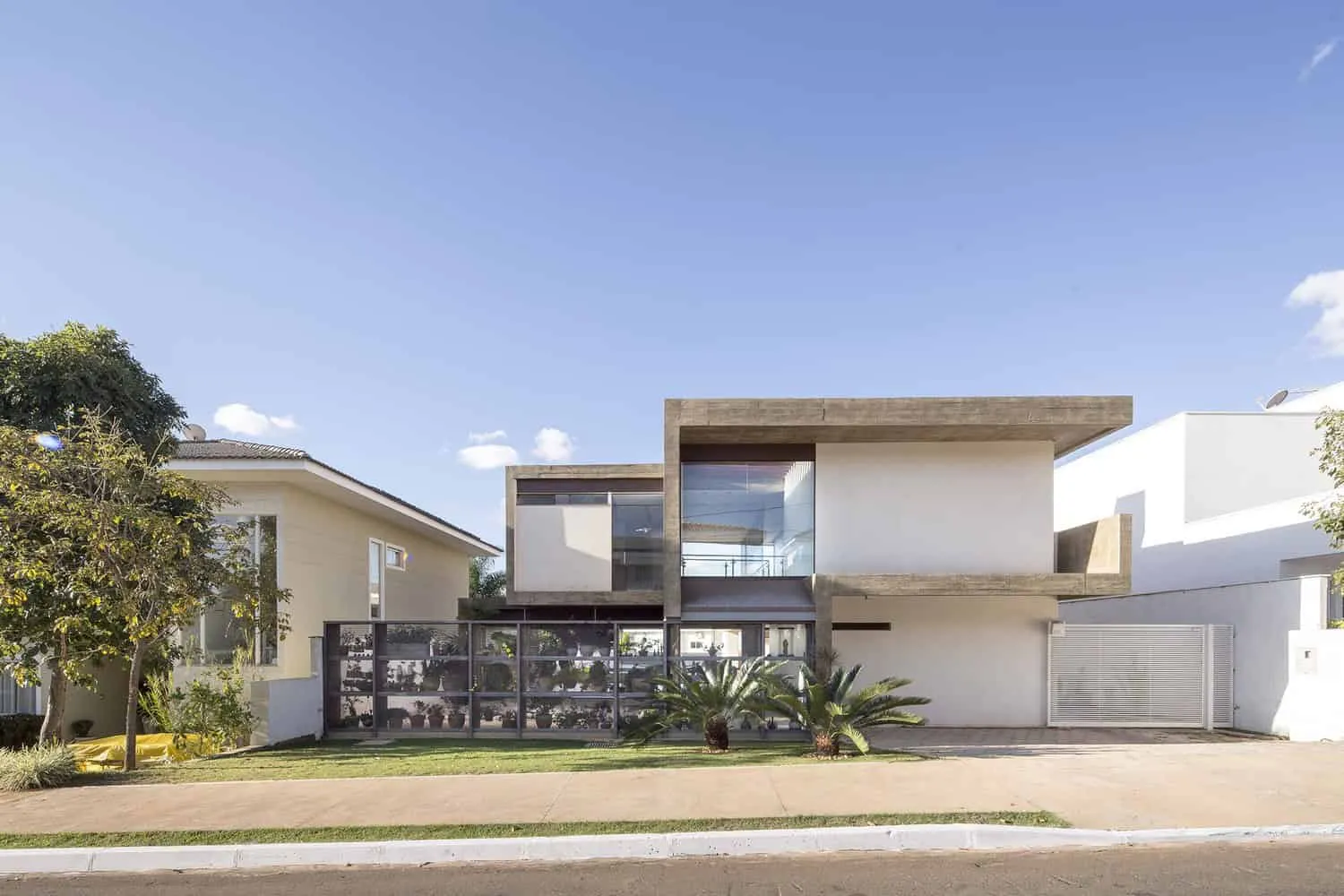 Bentes House by CoDA Arquitetos in Brazil
Bentes House by CoDA Arquitetos in Brazil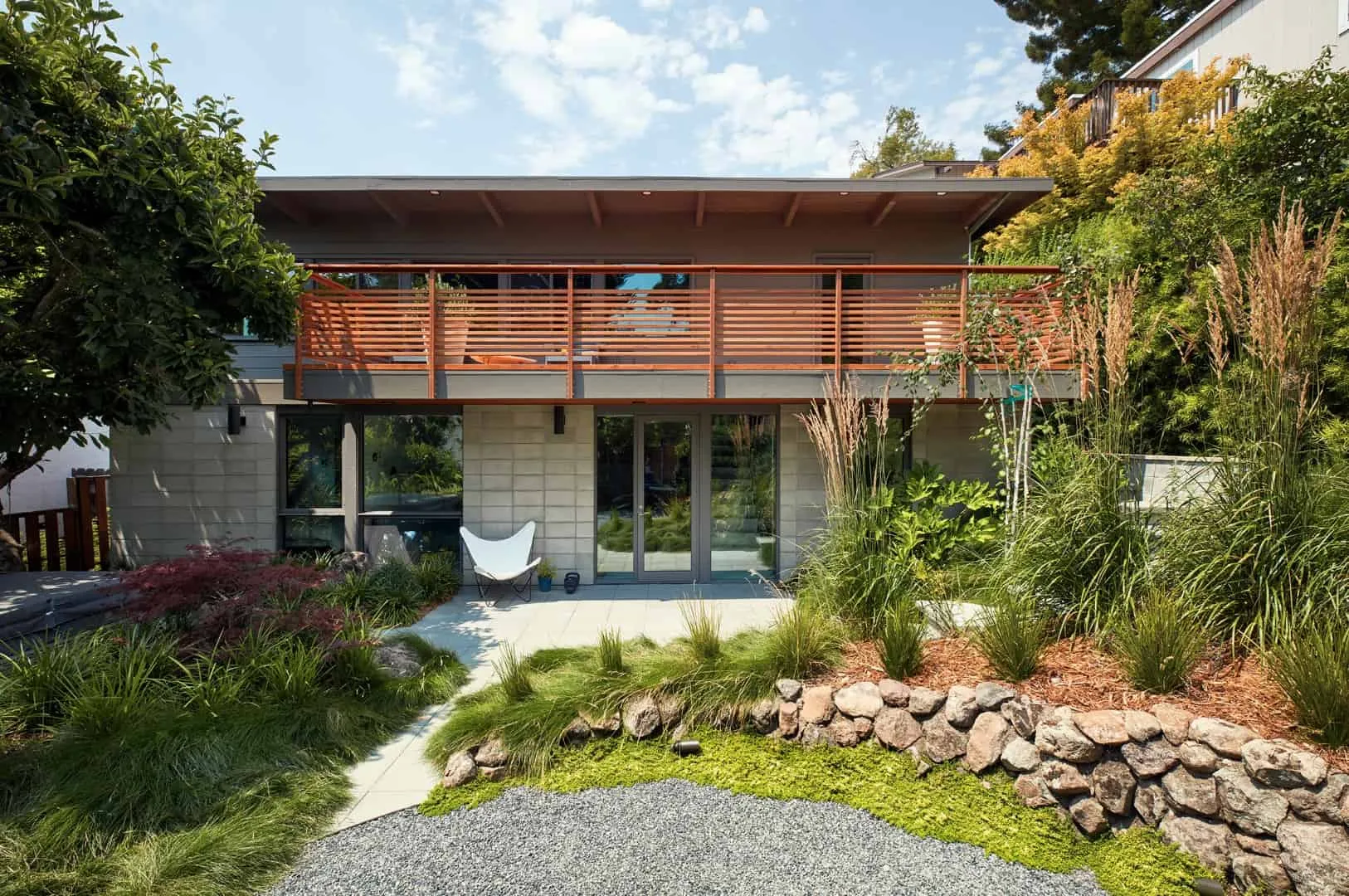 Mid-Century Home Renovation in Berkeley Hills by Klopf Architecture: A Modern Haven Among Trees
Mid-Century Home Renovation in Berkeley Hills by Klopf Architecture: A Modern Haven Among Trees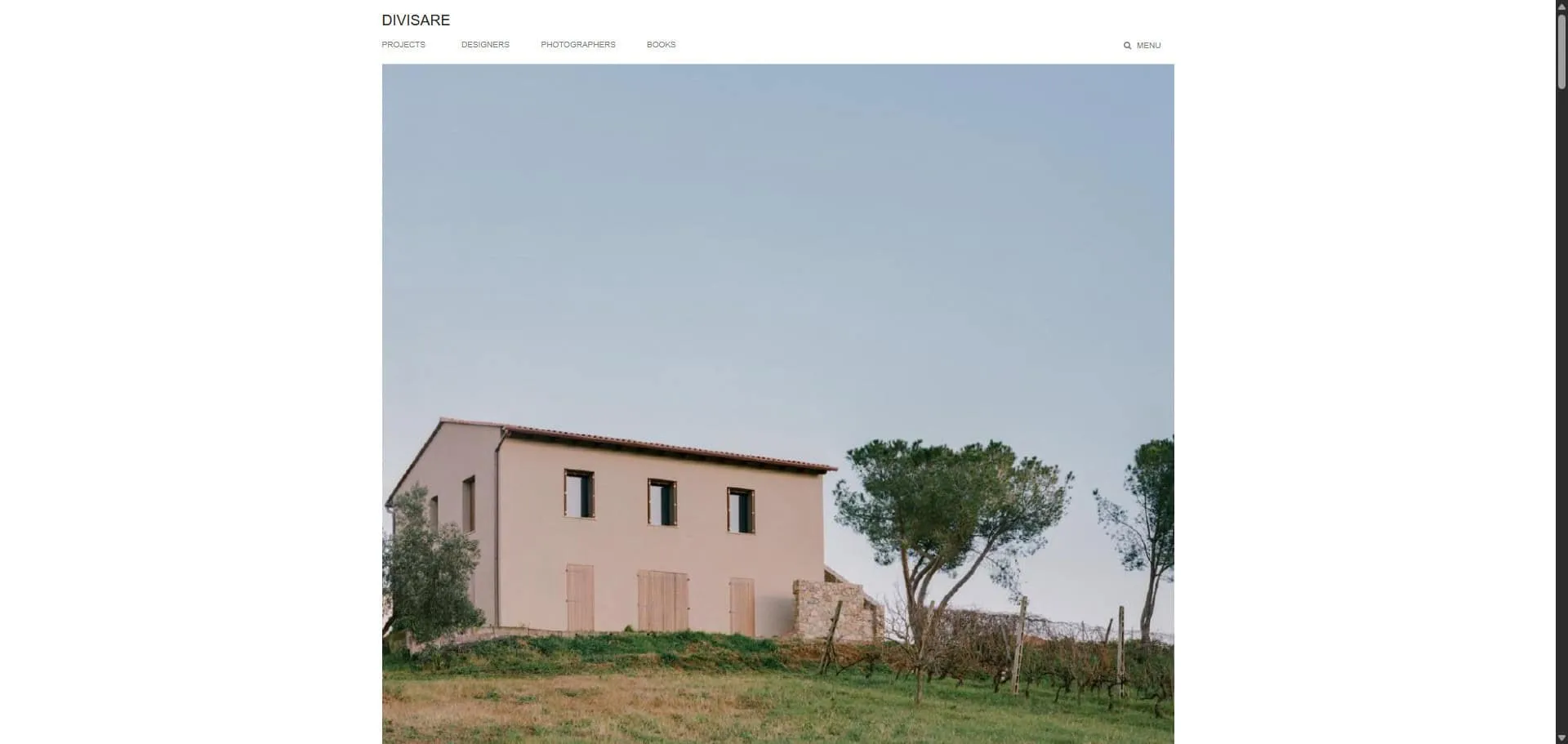 21 Best Architecture Websites for Architects and Creative Directors
21 Best Architecture Websites for Architects and Creative Directors Best Energy Suppliers for Gas and Electricity in the UK
Best Energy Suppliers for Gas and Electricity in the UK